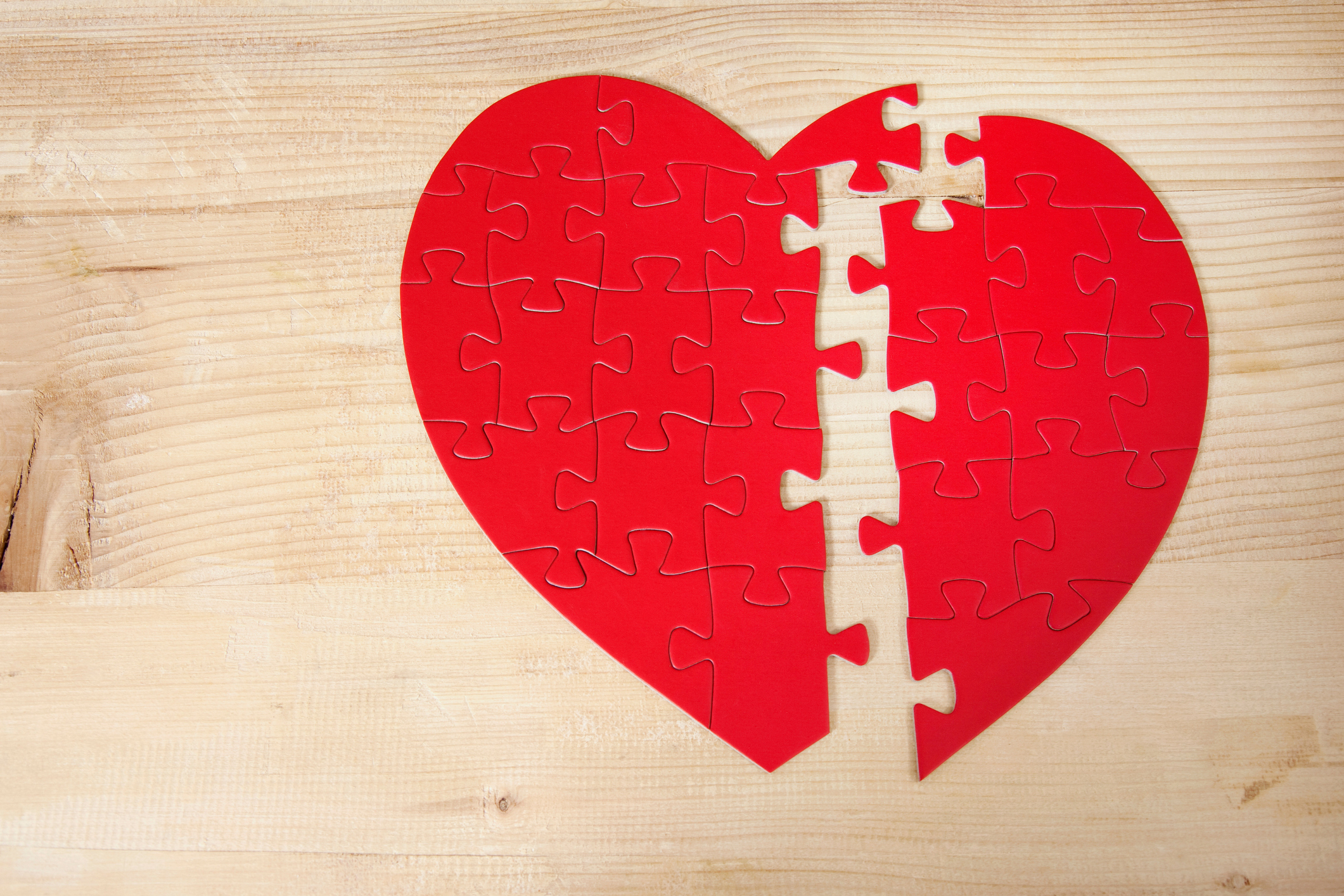Valentine’s Day is just around the corner, and while it’s an important time to celebrate with your significant other, it’s also the perfect time to reflect on your relationship. Reflection is about being honest (with yourself and your partner), paying attention, asking questions, considering options, thinking about what’s going on and what’s coming around the corner. When or where you reflect on your relationship doesn’t much matter—car, beach, pillow at night—but how often you think about your relationship does. Occasional self-awareness won’t get you far; it works best when you make it a habit. So whether you’re trying to stay on track or get your relationship back on track, here are three questions worth thinking about this Valentine’s Day.
Reflection Number One: What is it like to be in a relationship with me?
Do you act like the kind of person you would want to love? Are you bossy, arrogant, lazy, or judgmental? Do you take more than you give? Are you in your partner’s corner or looking out for Numero Uno? Don’t lay a guilt trip on yourself (everyone makes mistakes), but it is surprising how much time and energy we put into thinking about how our partner treats us—and so little with how we treat him or her. A healthy relationship doesn’t happen by accident; it happens by looking at yourself through the eyes of your partner and owning up when you disappoint, trip or fall. Neither you nor your partner has to be perfect, but relationships require honesty and personal responsibility—without those two elements we’re all pretty much doomed. Some people worry that being reflective, and asking forgiveness when we disappoint might make them weak or codependent, but the opposite is true: Self-awareness and personal responsibility are strengths. Being honest with yourself means you love yourself; it makes you confident and and puts the power of love in your hands. Thinking about how you can make your relationship better is never a mistake, and often helps.
Reflection Number Two- Do I view my partner in the best light possible?
Being honest yourself goes in tandem with being honest with your partner. So be honest: Do you over-focus on your partner’s flaws and overlook his or her strengths? Do you see shady intentions when he is really, really trying? Or are you telling yourself that nothing he does is right? What we see in our partner—good or bad, positive or negative—typically say more about us than they do our partner. Sometimes we’re carrying hurt, anger, and unmet expectations that cause us to see negatives that are not only unfair, but aren’t even true. Of course, reality can strike hard; you can’t look on the bright side all the time—your frustration and criticism may be legitimate and shouldn’t be ignored–but the ratio of positive to negative attributions must lean heavily in the direction of positive if you want a healthy relationship. If you’re negative most of the time, it could be you.
When couples come to me for an initial counseling session, I don’t go straight into talking about their problems. First, I ask each to say something positive about the other—just one thing that the other is doing well. Then I ask them to state one thing that is going right in their relationship. This is extremely difficult for some couples, especially when saying something kind or positive flies in the face of their raw emotions.
If you find yourself constantly projecting darkness onto your partner, take responsibility. Figure out what you are contributing to the problems before you unleash on them. Try to see what your partner does well—there must be something. Appreciate your partner’s strengths before you dwell on his or her mistakes. Seeing the best in your partner will not only improve your relationship, it will make you a happier person in life, too, and bring out the best in you.
Reflection Number Three- Do I express my love in ways that matter to my partner?
The Golden Rule says you should love your partner as you love yourself. That’s fine, but what if your partner wants to be loved in ways that are different from you? Wouldn’t it be better to express your love in ways that matter to him or her? Flowers and candy? Not if she’s allergic or doesn’t eat sugar. Take her out to dinner? Nice, but what if the one thing she craves is for you to say I love you? When we assume, we know what our partner likes/wants/needs based strictly on what we like/want/need, we often end up frustrating and disappointing our partner.
We’re humans; and too many times we take the easy road in love. It’s easy to express love in ways that feel good, easy, and cozy for you; it takes lots of listening, reflection, and work to love your partner in the ways he or she wants to be loved. Love that’s good for the long-haul forces us to grow. It makes us think about our relationship and learn to change. Love may push your boundaries; you may have to do something you wouldn’t normally want to do.
Nobody can be everything their partner needs or desires; you can’t meet their every whim. Nobody is that perfect. But you can always try, and making the effort is what makes the difference. There is a view out there that says love is easy. It’s in our music and movies. It’s in our dreams. As a relationship therapist, I don’t think love is easy at all. If it really were that easy, would it even be love? You don’t find out what love is until loving gets tough—and if you stick around long enough, it always does.
Follow us here and subscribe here for all the latest news on how you can keep Thriving.
Stay up to date or catch-up on all our podcasts with Arianna Huffington here.


